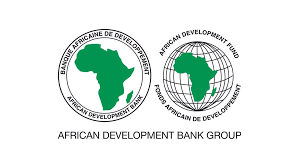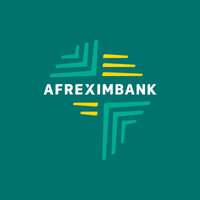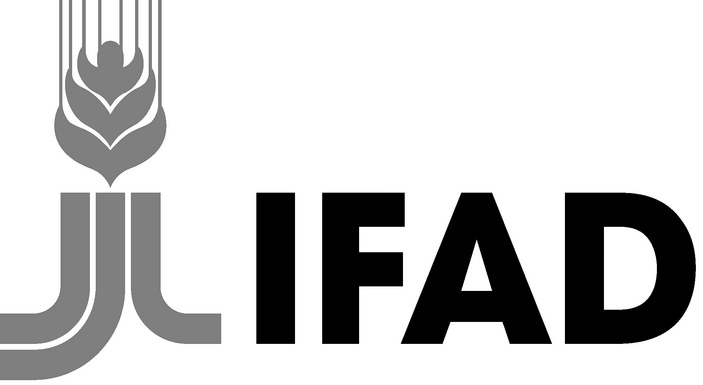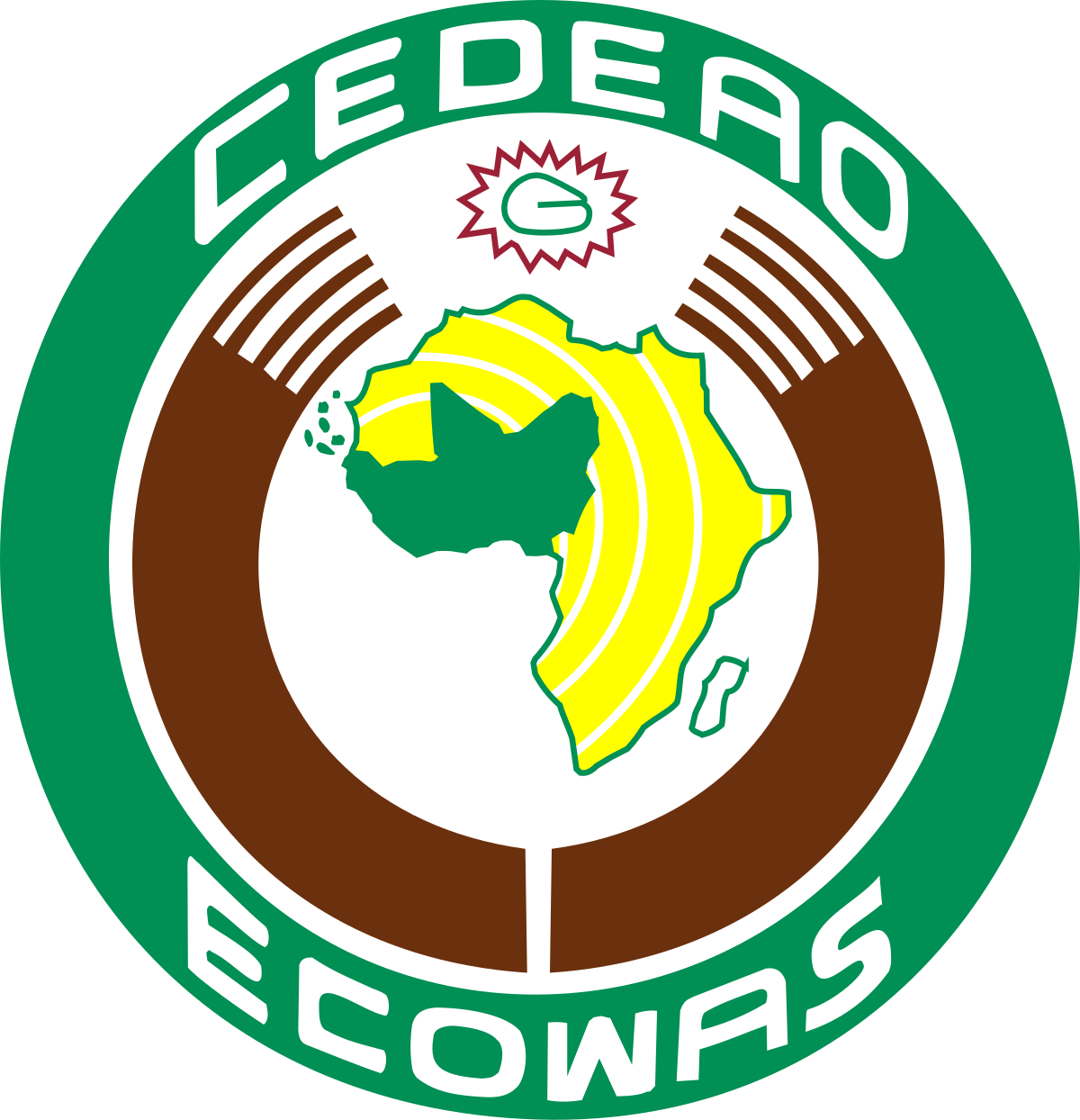African Development Bank’s $211.4 million investment to enhance agriculture and create jobs in Eastern Angola

The African Development Bank Group has approved a $211.4 million financing package to boost agricultural production and create thousands of jobs in eastern Angola.
The Eastern Region Agricultural Value Chain Development Project aims to transform the area into a major food hub for Angola and neighbouring countries, leveraging its strategic position along the Lobito Corridor economic zone.
African Development Bank Group grants $100 million loan to Emerging Africa and Asia Infrastructure Fund (EAAIF) to support development of sustainable infrastructure

The African Development Bank Group is boosting sustainable infrastructure development across Africa through a new $100 million loan to the Emerging Africa and Asia Infrastructure Fund (EAAIF). The financing, approved by the Board of Directors, will help the Fund attract private investment and support projects in renewable energy, digital connectivity, transport and other key sectors that promote inclusive growth and climate resilience.
FEDA Announces Landmark Investment in A2MP to Drive Africa’s Mining and Industrial Transformation

Kigali, Rwanda 12 November 2025: The Fund for Export Development in Africa (FEDA), the development equity impact investment arm of African Export-Import Bank (Afreximbank), is pleased to announce a US$300 million strategic investment in the Africa Minerals and Metals Processing Platform (A2MP).
FEDA Announces Strategic Investment in Spiro to Accelerate Africa’s Electric Mobility Transition

Kigali, Rwanda, 10 November 2025: The Fund for Export Development in Africa (FEDA), the development equity impact investment arm of African Export-Import Bank (Afreximbank), has announced a $75 million investment in Spiro, the leading electric two-wheel assembler in Africa with the fastest growing battery swapping infrastructure. This investment is fully aligned with Afreximbank’s broader automotive strategy, to develop integrated manufacturing ecosystems by fostering strategic partnerships across the entire value chain, from technology providers to local industrial champions.
Fifth AU-UN High Level Strategic Dialogue: Leaders Discuss Collaborative Strategies for Achieving Sustainable Development

H.E. Amb. Selma Malika Haddadi, Deputy Chairperson of the African Union Commission (AUC), and H.E. Amina Mohammed, Deputy Secretary-General of the United Nations (UN) addressed participants as co-chairs of the Fifth AU-UN High Level Strategic Dialogue on Sustainable Development which took place on November 10, 2025, at the UN headquarters.
IFAD and BF S.p.A., Italy’s leading agri-industrial group, join forces to promote sustainable and inclusive agriculture in Africa

The International Fund for Agricultural Development (IFAD) and BF S.p.A., Italy’s largest listed agri-industrial group, have signed a Letter of Intent to explore opportunities for collaboration aimed at supporting sustainable agricultural development in developing countries, with a particular focus on Africa.
Germany commits 49 million euros (82 billion naira) to support ECOWAS in strengthening peace, economic development, health and security in west Africa

Germany and the Economic Community of West African States (ECOWAS) have reaffirmed their long-standing partnership with renewed commitment to deepen their cooperation in promoting peace, security, good governance, sustainable economic development, and institutional strengthening. To this end, the German Government is committing 49 million Euros (82 billion Naira) to support ECOWAS in strengthening peace and security, Economic Development and Health across West Africa. This is the outcome of a successful bilateral negotiation on Development Cooperation held at the ECOWAS Commission Headquarters in Abuja, Nigeria on the 4th and 5th of November 2025.
ECOWAS commission drives regional action to transform the animal feed industry in west Africa and the Sahel

The Economic Community of West African States (ECOWAS) Commission, through its Regional Agency for Agriculture and Food (ARAA), in collaboration with the Federal Ministry of Livestock Development of Nigeria, has launched a High-Level Regional Workshop on the Development of the Animal Feed Industry in West Africa and the Sahel. The two-day event, held from 11 to 12 November 2025 at the Sandralia Hotel in Abuja, aims to deepen discussions on aflatoxin management and engage the private sector in identifying the key levers needed to build an integrated and economically viable regional livestock feed industry.
African Development Bank and Angola launch $125 million drive to boost youth entrepreneurship

The African Development Bank Group, in partnership with the Government of Angola and the European Union, has launched a $125 million Youth Employment Project (Crescer Project) to spur entrepreneurship and job creation among young Angolans.
Central African Republic and African Development Bank launch second phase of the Support Programme for Reconstruction of Grassroots Communities

The Central African Republic (CAR) and the African Development Bank Group launched the second phase of the Support Programme for Reconstruction of Grassroots Communities (PARCB-2), a flagship project aimed at strengthening social cohesion, reviving economic activity, and improving the living conditions of people who have been affected by the country’s political and military crisis.




